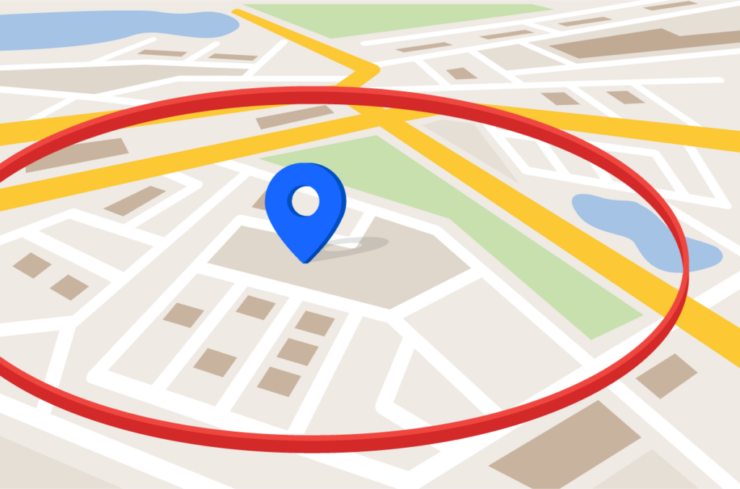Google Ads has emerged as one of the most effective online advertising platforms, allowing businesses to reach their target audience and drive traffic to their websites. However, managing a successful Google Ads campaign requires more than just setting a budget and letting it run. Savvy budgeting is crucial for optimizing performance and ensuring cost-effective campaigns. In this article, we will explore proven tactics to help you make the most of your Google Ads budget and achieve efficient campaign results.
1. Define Clear Objectives

Before diving into any promotion campaign, it’s essential to establish clear objectives. Identify what you aim to achieve through your Google Ads campaign. Whether it’s increasing website traffic, generating leads, boosting sales, or enhancing brand awareness, defining precise goals will help shape your budget allocation and campaign strategy.
2. Conduct In-depth Keyword Research
Keyword research forms the foundation of successful Google Ads campaigns. Identify relevant keywords and phrases that align with your business, products, or services. Utilize tools like Google’s Keyword Planner to uncover search volumes and potential bid estimates for your selected keywords. Focusing on the right keywords allows you to optimize your budget by targeting the most valuable prospects. For further assistance and expert insights in conducting comprehensive keyword research, you can visit ”https://asaseo.net/”.
3. Implement Geotargeting and Ad Scheduling

Maximize the efficiency of your Google Ads budget by utilizing geotargeting and ad scheduling. Geotargeting enables you to display your ads to users in specific geographic locations, ensuring that your budget is directed toward the most relevant audience. Additionally, ad scheduling lets you control when your ads appear, enabling you to focus on peak traffic hours or specific days when your target audience is more likely to engage with your ads.
4. Utilize Ad Extensions
Ad extensions offer additional opportunities to enhance your ad’s visibility and improve its performance without extra costs. Extensions like site links, callouts, and structured snippets allow you to provide more information to users directly on the search results page. By taking advantage of these extensions, you can increase click-through rates and potentially improve your ad’s Quality Score, which positively impacts your ad’s rank and cost per click.
5. Optimize Landing Pages

Optimizing landing pages is a crucial aspect of successful online marketing campaigns. A well-optimized landing page is designed to capture the attention of visitors, deliver a clear message, and encourage desired actions, such as making a purchase or submitting a lead form. By aligning the landing page content with the ad’s promise and ensuring a seamless user experience, businesses can significantly improve conversion rates and maximize the return on their advertising investment. A/B testing different elements, such as headlines, call-to-action buttons, and visuals, further enhances landing page performance, allowing businesses to continuously refine and improve their conversion rates over time.
Conclusion
Savvy budgeting is critical for running efficient Google Ads campaigns. By defining clear objectives, conducting thorough keyword research, implementing geotargeting and ad scheduling, utilizing ad extensions, and optimizing landing pages you can make the most out of your budget and achieve successful campaign results. Keep these tactics in mind, and you’ll be well on your way to unlocking the full potential of Google Ads for your business.

